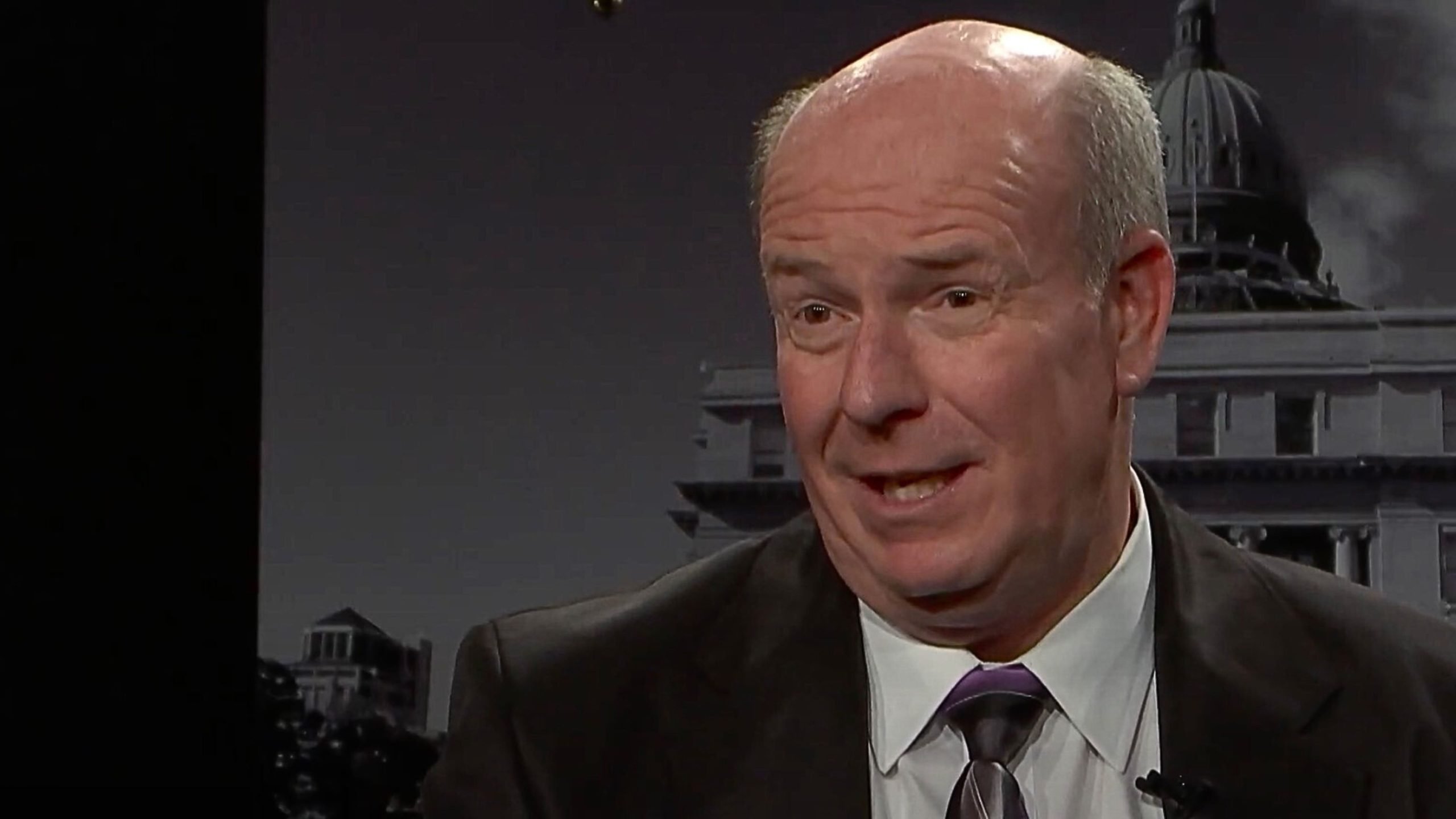There are certain universal truths in life: you should never grocery shop when you’re hungry, always check for spinach in your teeth before a big meeting, and never, under any circumstances, underestimate a politician’s ability to misunderstand the First Amendment.
Enter Idaho House Speaker Mike Moyle, who has introduced a bill that would make knowingly spreading false information about another person a felony—not a minor infraction, not a slap on the wrist, but a full-blown, go-to-jail, do-not-pass-go felony. Under this proposed law, those found guilty could face up to five years behind bars, a fine of up to $100,000, or both.
We obtained a copy of the bill for you here.
The Moyle Doctrine: A War on Words
Moyle, with the confidence of a man who has never seen a constitutional challenge he didn’t like, insists that while he supports free speech, he doesn’t believe the Founding Fathers intended to protect “deliberate falsehoods.”
“I’m a firm believer in our First Amendment right, but I also believe that our founding fathers did not include in the First Amendment as being able to lie about somebody,” Moyle declared.
This is a fascinating interpretation of history, given that the Founding Fathers were, if anything, deeply committed to the art of lying about people. If you think today’s political mudslinging is bad, just look up what Thomas Jefferson and John Adams said about each other in the election of 1800. (Spoiler: One camp claimed Adams wanted to crown himself king; the other suggested Jefferson would turn America into an atheist dystopia. And yet, somehow, neither ended up in jail.)
Moyle also pulled out the old, tired “you can’t yell fire in a crowded theater” argument, which is the rhetorical equivalent of microwaving fish in an office breakroom; everyone knows better, yet someone always does it. The problem? That analogy comes from a 1919 Supreme Court case that has since been largely overturned, meaning it’s not actually a good defense for government-imposed speech restrictions. It’s been debunked to death. But let’s not let history get in the way of a good crackdown.
Who Gets to Decide the Truth?
The bill specifically targets statements made with “actual malice”—meaning the speaker either knew the statement was false or acted with reckless disregard for the truth. Theoretically, this should prevent accidental “misinformation” from being punished. But in practice? It opens up a whole new can of legal worms.
The bill gives the state attorney general and county prosecutors the power to pursue charges if the falsehood concerns a public official or employee in connection with their duties. This should terrify anyone who has ever criticized a government official, told a satirical joke, or, say, writing an opinion piece about this very bill.
Suddenly, “actual malice” starts looking like a weapon rather than a safeguard; one that could be used to intimidate critics, silence dissent, and turn political disputes into criminal cases.
And what about journalists? Political commentators?
Making Every Liar a Felon: A Space Issue
Even in the Idaho House State Affairs Committee, there were signs of skepticism. Rep. Bruce Skaug, in a moment of rare political clarity, quipped, “My concern is that if you make every liar a felon, then we’re going to be in a lot of trouble—not enough room in our jails.”
And he has a point.
Idaho already has civil libel laws, which allow for defamation cases to be handled in court without the threat of imprisonment. Under current law, a person found guilty of libel faces a fine of up to $5,000 or six months in jail — still severe, but not quite the draconian five-year sentence Moyle envisions. More importantly, in civil cases, the burden of proof remains on the accuser, as it should.
This bill, however, would shift defamation into the realm of criminal law, meaning the government, not the individual, would decide when speech crosses the line into a punishable offense. And if that doesn’t send shivers down your spine, it should.








